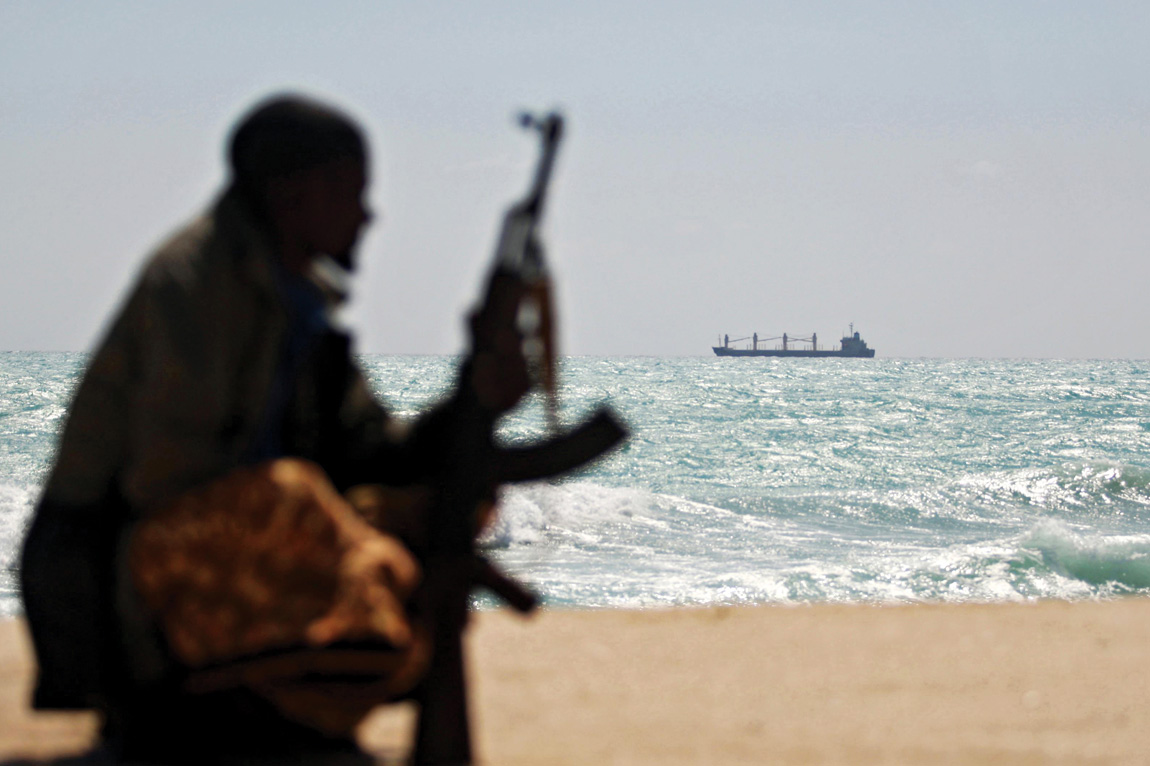Cargo owners and insurers to pay more for piracy

In its October 2017 judgment, the United Kingdom (UK) Supreme Court held that operating costs incurred while negotiating a ransom with pirates fell within extra expenses allowed in general average (GA), and extended ship owners’ GA claims and the liability of cargo owners and insurers for GA contributions.
Several rules govern GA principles between carriage contract parties. This principle, by Gibbs CJ in The Hibernia (1816), is when “two or more parties are concerned in a common sea risk, and one of them makes a sacrifice for the general safety, the loss shall be assessed upon all in proportion to the share of each in the venture; and the greater sacrifice of the first shall be compensated by the contributions of the others”.
Rule A states: “There is a GA act only when any extraordinary sacrifice or expenditure is intentionally and reasonably made, or incurred, for the common safety for the purpose of preserving from peril the property involved in a common maritime adventure.”
Rule C states: “Only such losses, damages or expenses, which are the direct consequence of the general average act, shall be allowed as general average. Loss or damage sustained by the ship or cargo through delay … shall not be admitted as general average.”
Rule F extends GA beyond common law and in Rule A to include: “Any extra expense incurred in place of another expense, which would have been allowable as general average, shall be deemed to be general average and so allowed without regard to the savings, if any, to other interests, but only up to the amount of the general average expense avoided.”
The matter involved the hijacking of the ship Longchamp by Somalian pirates who demanded a six-million US dollar ransom. The ship owners hired negotiators to secure its release and the resultant US$ 1,85 million ransom.
During the 51-day negotiations, the ship owners incurred US$160 000 in vessel-operating expenses including crew wages, high-risk area bonuses, food and supplies and bunkers. They claimed these as vessel-operating expenses under Rule F as additional expenses incurred in substitution of the immediate payment of the initial ransom.
The majority judgment upheld the ship owners’ appeal on the basis that the reference in Rule F to “…another expense, which would have been allowable as general average” referred to the nature of the expense, not its amount.
Regardless of whether the six-million US dollar ransom would have been “reasonably made”, the ransom payment was a GA act in nature. The vessel-operating expenses were therefore claimable under Rule F; “…only up to the amount of the general average expense avoided” acted as a cap on the actual expense and addressed the quantum limits.
It ruled that the common practice by average adjusters to view “extra expense” in Rule F as requiring a different course of action to that of the GA act was not a requirement of the rules. The ransom demand, the negotiation process and resultant payment of US$ 1,85 million were different courses of action, and not a variant of one course of action as the cargo interests had contended.
The judgment is important for cargo owners and insurers in South Africa. The majority of GA adjustments take place in England (subject to English law) and this judgement will increase the amount of GA payable by cargo interests in a piracy situation. Cargo owners and insurers who pay the GA contributions should bear this in mind, especially when insuring goods passing through active piracy areas.
Published by
Kirsten Mullins
focusmagsa




